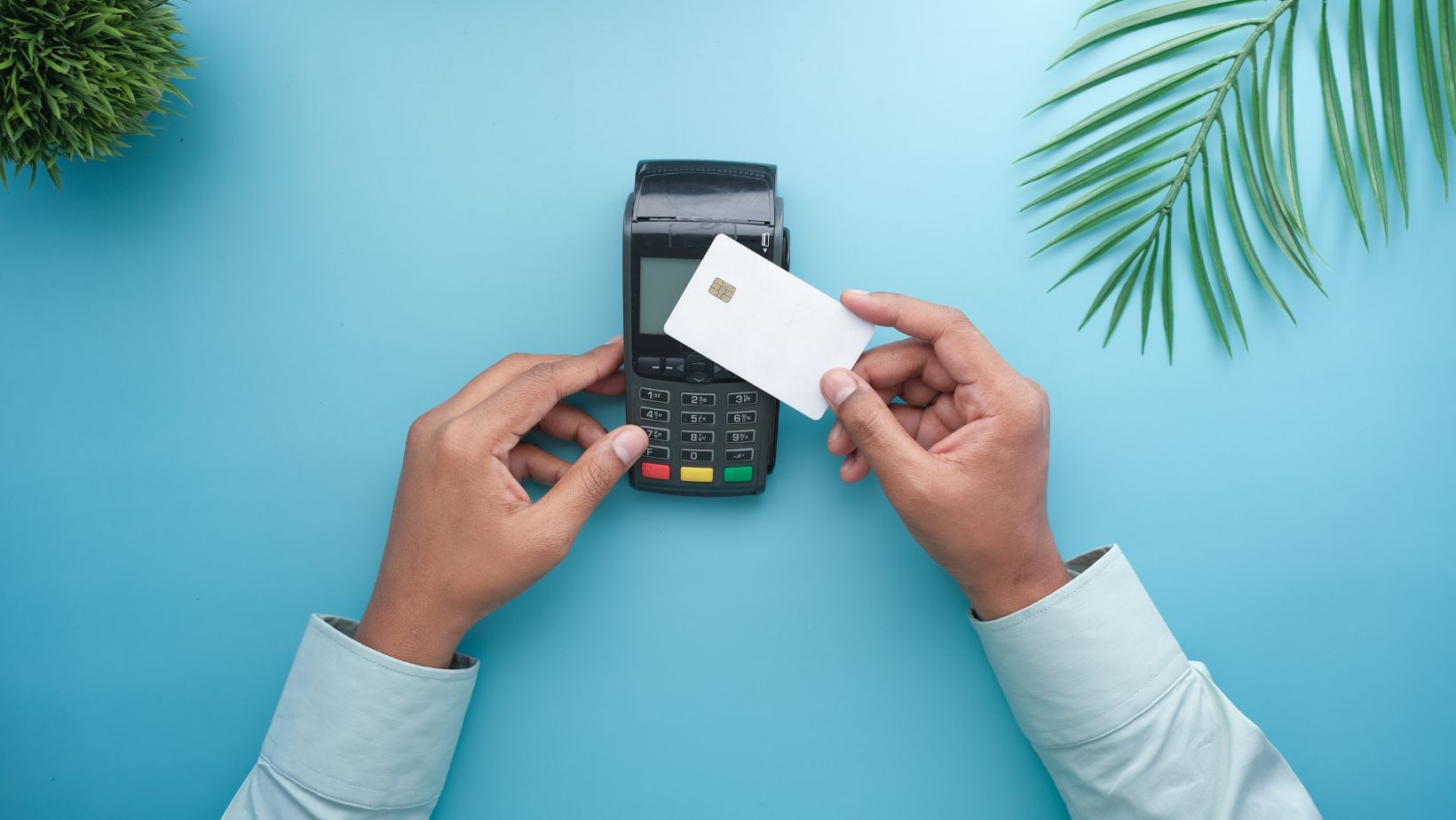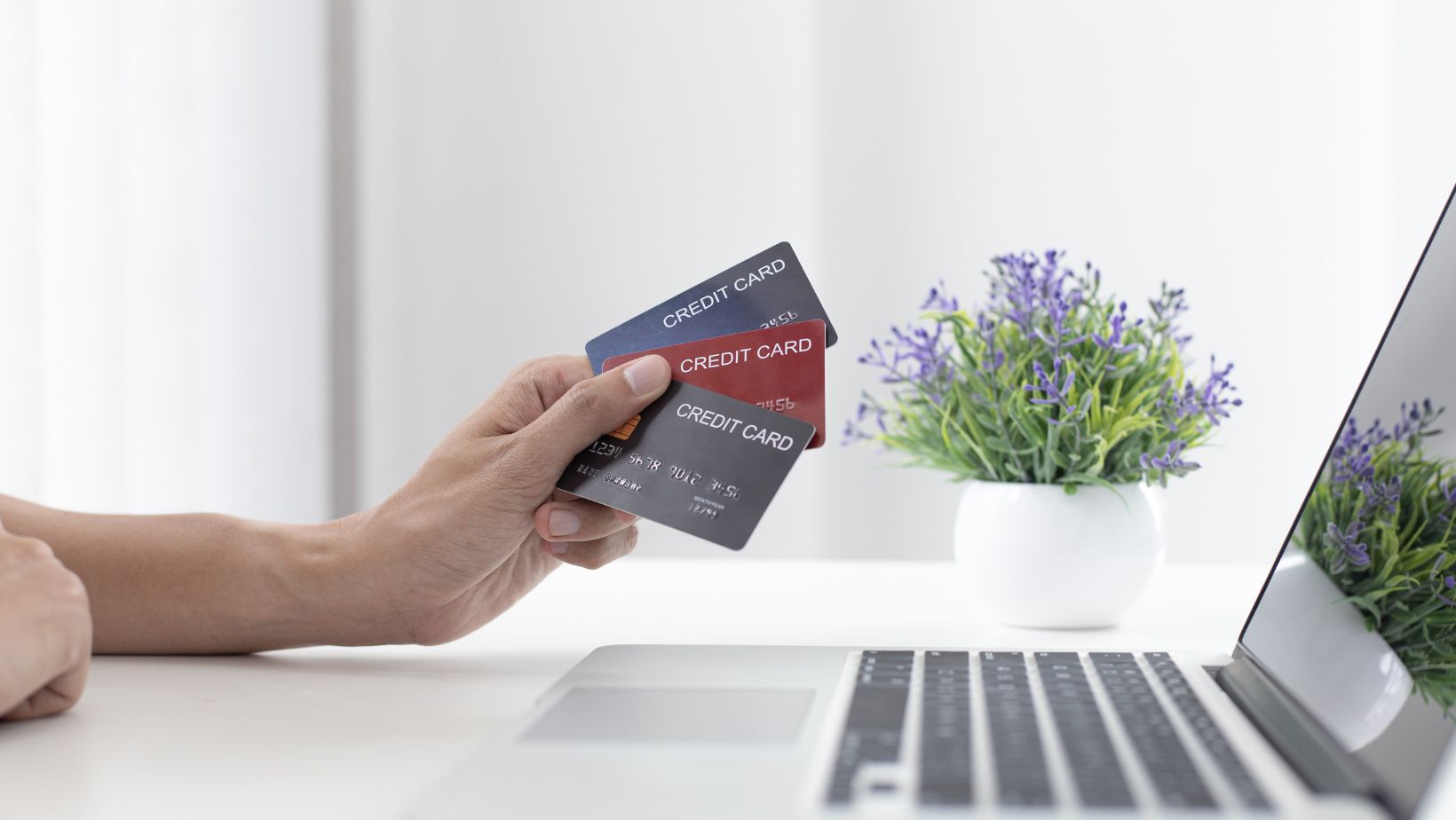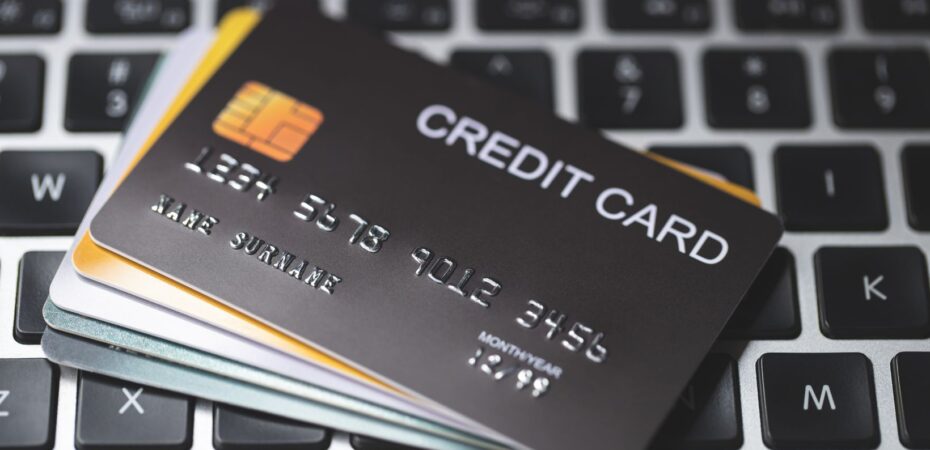Credit cards can be great financial tools if used correctly. The leading credit cards give you the convenience of paying for what you need without carrying cash and offer benefits like cashback rewards and travel points.
However, credit cards can quickly lead to debt if not used responsibly. In fact, the average credit card debt in a U. S. household was $17,956 in 2022. That’s a large number for such a small piece of plastic. In this article, we’ll discuss five tips to help you use your credit card responsibly to avoid debt and maintain a good credit score.
1. Understand the Fees and Terms Associated with Your Credit Card
Whether you’ve had your credit card for a while or just received your first one, it’s best to read the fine print before you swipe. Each credit card company will have a different set of fees, terms, and conditions.
Informing yourself about the ins and outs of your credit card will help you become more aware of the costs associated with borrowing money and help you make more educated decisions when spending.
Some common credit card fees to know are:
- Annual Percentage Rate (APR): The APR is the annual amount of interest you pay your credit card company to borrow from them. Your APR is determined by factors including your credit score, payment history, and the card issuer. Your APR is also tied to the prime rate, which means that if the Federal Reserve raises interest rates, the APR on your credit card may also increase.
- Annual fee: Many credit card companies charge this fee annually for you to keep your card open, with amounts ranging between $95 to $500 or more.
- Late fees: This fee is charged when you don’t make at least the minimum payment on your account on time, and can be up to $41.
- Cash advance fee: This fee is charged when you borrow cash against your credit card balance. Cash advance fees are either a flat fee or a percentage of the amount you withdraw, whichever is greater.
2. Always Pay Your Credit Card Bill on Time
Paying your credit card bill on time is crucial to maintaining a good credit score. Your credit score can decrease by as much as 100 points if your credit card payment becomes more than 30 days past due. This drop may result in additional fees and higher interest rates.

To avoid late payments, you can set up autopay to have the payment drafted from your bank account each month, schedule a calendar reminder, or see if you can change the due date to fall on your paydays.
3. Pay More Than the Minimum Amount Required
Credit card companies often ask for a minimum monthly payment, but this doesn’t mean it’s enough to avoid accumulating interest. Last year, U. S. households paid an average of $1,380 in interest alone.
If possible, try to pay off your entire credit card balance, but if you can’t pay it in full, pay as much as you can to reduce your debt and save money on interest.
4. Limit Your Spending to What You Can Afford
The more you spend, the more likely you are to accumulate debt and struggle to make payments. Your credit utilization accounts for 30% of your credit score, so remember to limit your spending to what you can afford to pay off each month to avoid potential impacts on your credit score.

Here are a few ways to help you avoid overspending on your credit card:
- Give your credit card a purpose: Depending on your card’s rewards and benefits, you can give it a purpose for the type of spending you’ll use it for. If you get more cashback on grocery purchases, it may make sense to only use the card to fill your pantry instead of buying shoes or clothes.
- Don’t store your credit card information: You can make overspending more difficult by not saving your credit card details on your favorite websites, apps, or digital wallet. You’ll be less likely to make a purchase if you have to enter your card information manually.
- Avoid impulse purchases: Don’t buy something immediately after seeing it in the store or on social media. Consider whether the item is a need or want and whether you can afford it. If it’s worth buying, it’s also worth waiting for.
- Unsubscribe from email lists: Remove the temptation to catch the latest sales by unsubscribing from promotional emails and newsletters in your inbox. You won’t want to buy something if you don’t know it’s there in the first place.
5. Evaluate Your Statement Regularly
Always review your credit card statement to ensure there are no fraudulent charges or errors. This will help you catch any mistakes early and avoid additional interest or fees. If you notice any errors or discrepancies, contact your credit card company right away to get them resolved.
The Bottom Line
Credit cards can be incredibly useful when used responsibly. Remember that your credit score is important, and every action you take with your credit card can impact it. With a bit of discipline, self-control, and these five tips, you can make your credit card work for you and enjoy all its benefits.


 By
By 



